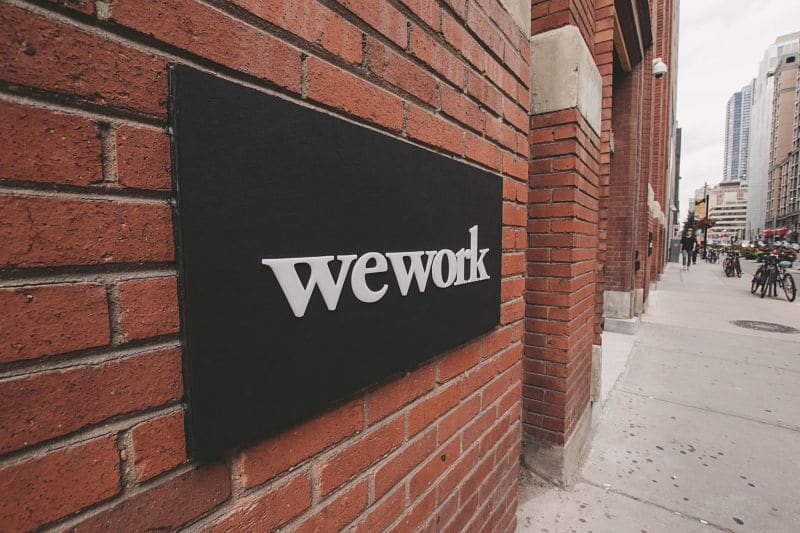Education’s Purpose
★★★★★

I have long been fascinated with Booker T. Washington and his methods of education as displayed at the Tuskegee Institute in the late 19th century. Washington firmly believed that education, especially for the African American race at that time, was to consist mainly of practical knowledge and skills that could be used to build up and better the life of his race.
A popular notion of the day was that the ultimate life was one of avoiding hard work. However, Washington opposed this idea strongly and taught his students that there was beauty and dignity in hard work. In his autobiography Up From Slavery, Washington said this:
“From the very beginning, at Tuskegee, I was determined to have the students do not only the agricultural and domestic work, but to have them erect their own buildings. My plan was to have them, while performing this service, taught the latest and best methods of labour, so that the school would not only get the benefit of their efforts, but the students themselves would be taught to see not only utility in labour, but beauty and dignity; would be taught, in fact, how to lift labour up from mere drudgery and toil, and would learn to love work for its own sake” (Washington, 1901,p. 148).
His students constructed most of the buildings at Tuskegee. They dug the clay and fired the bricks themselves. They experienced an incredible amount of hardship in this process, but Washington persevered and his school succeeded.
While I am fascinated by Booker T. Washington and his educational philosophy, I do not believe it encompasses the entire purpose of education. But because of the situation of his people at that time, I believe his purposes were entirely appropriate.
For the situation of my people in our time, I believe that education’s purpose must be to inspire the oncoming generation to follow the first and second commandments: to love God and neighbor with everything. There is nothing more important.
This focus does not exclude the regular academic disciplines; rather, it lends a powerful purpose to them. We see God everywhere we look. All that is true, beautiful, and good is our text, and through this text we see our God and we learn to love him.
As we love Him, we love our neighbor. In school, we develop the tools and capacities necessary to love and serve God and our neighbor with heart and skill.
Reference: Washington, B. (1901) Up from slavery. Garden City, New York: Doubleday. Retrieved from https://docsouth.unc.edu/fpn/washington/washing.html
Leave a Reply